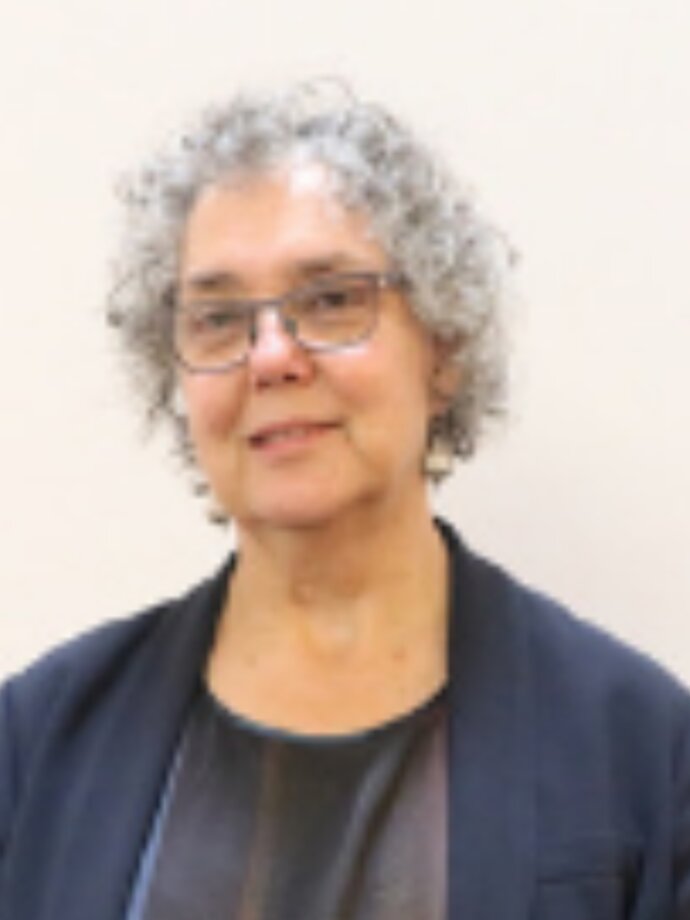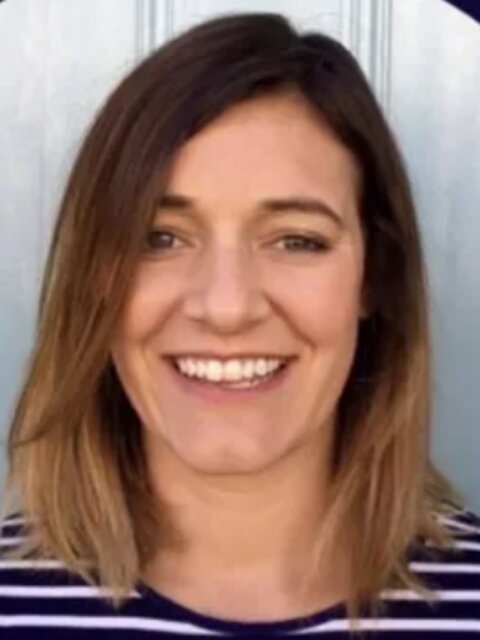RESPIRE / IPCRG Leadership School 2020
Introduction
The NIHR Global Health Research Unit on Respiratory Health (RESPIRE) Unit Management Committee approved IPCRG to lead a capacity building exercise to improve the partners’ potential to lead and influence improvement, emerging from research in respiratory health. Delegates from partner countries - Bangladesh, India, Malaysia and Pakistan were invited to attend an online leadership school for clinicians working in the community.
Aim of the school
RESPIRE builds research capacity and consolidates/creates new knowledge, which informs interventions to improve respiratory health. The leadership school seeks to build capacity to support interventions coming out of the RESPIRE Unit, by supporting partners to advocate, influence and drive service improvements.
We had eleven graduates from the the first RESPIRE/IPCRG Leadership School which took place online over three weekends September – November 2020. The programme was originally planned as a face to face event but was adapted to an online programme as a result of the pandemic.
- Participants competed pre-work including self-assessment, reflection on leadership capabilities and reading core texts.
- Live teaching and learning over three weekends – consisting of teaching inputs and facilitated small group work to develop a proposal for a local quality improvement project.
- The online programme concluded with informal presentations or ‘lift pitch’ by each participant of a service improvement proposal and a personal development plan.
- Ongoing peer and Faculty mentoring.
- Participants shared learning from their quality improvement projects at the IPCRG World conference in May 2021
| Improvement Projects 2020/21 |
|---|
| Improving low uptake of influenza vaccination in pregnancy, KEM Hospital Research Centre, Pune, India. |
| RESPECT: Improving the learning experience/ consultation skills of early year trainees in the PG training programme. UofM, Malaysia. |
| Improving the use of personalised asthma action plans (PAAP) with rural/urban communities in Selangor, Malaysia. |
| Improving the involvement with physical activities of patients with CRD, Bangladesh. |
| Capturing best practice in RESPIRE 1 interventions from stakeholder groups. |
| Improving access and increasing health seeking behaviours with vunerable groups (tobacco rollers) in hospital and community settings, India. |
|
The difference between sugar and salt: improving the diagnosis and management of CRD in Vellore, India |
| Proposal to develop a respiratory wellness clinic, Vellore, India. |
| Improving asthma control and follow up in primary care, Malaysia. |
Evaluation
Participants rated the leadership school highly and valued small peer group discussions and the Faculty sharing their experience of improvement work.
I really found the School to be fun and inspiring, not only in terms of leadership training but also in the way the education was delivered and the great sense of warm welcome that was given by all to the participants. Thank you all so much.
The total innovation was encouraging, excellent & enjoyable. I hope this kind of programme will be continued further so that we can improve ourselves as well as the services in respiratory care.
The multi cultural interaction and the peer group was very special



